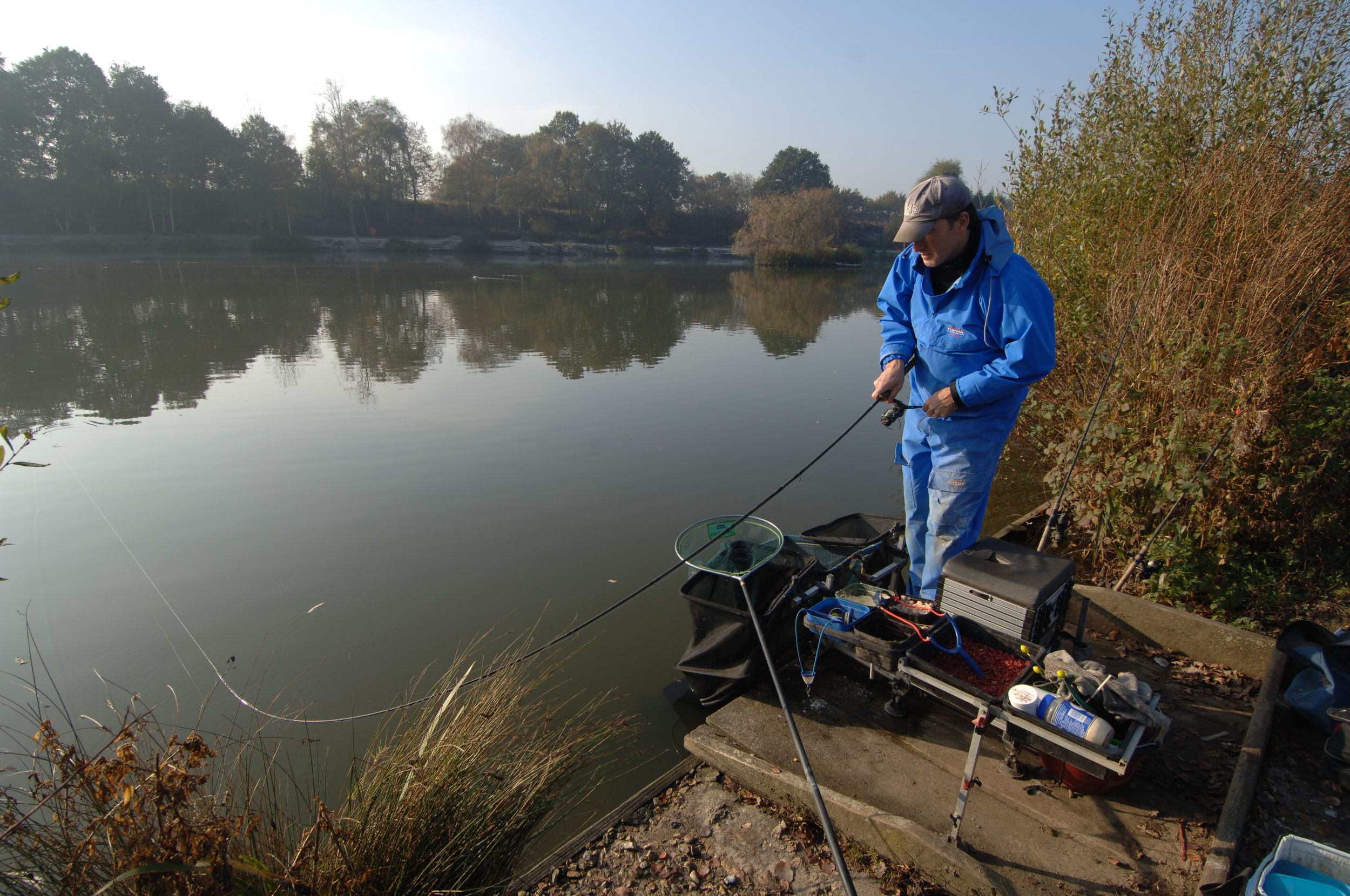Stop moaning about commercial fisheries - they have saved angling!
I have made no secret of the fact that I don’t really like commercial fisheries, says Angling Times' Steve Partner. Some, as far as I can see, are little more than featureless holes in the ground that are stocked to such a ridiculous level a group of blind monkeys could stage a competitive match. Anywhere that is capable of producing 600lb to a single angler in five or six hours is clearly a venue where the skill to catch is redundant, replaced instead by sheer strength and bloody-mindedness.
For me, the very worst examples are soul-less, depressing and thoroughly miserable places where the fish are a viewed as commodities rather than living creatures.
However, I am not, despite what some of my correspondents suggest, completely stupid. Most of these fisheries are actually very well managed, providing a service which a great many of the angling community frequent on a regular basis. And while I’d rather get stuck in the jungle with Gillian McKeith than visit one, I do accept their role in the modern-day angling scene. Love them or loathe them, commercials form a key cornerstone in today’s fishing world.
So what did I make of this week’s report that basically said this style of fishery is killing the sport? The one, put together by a group of researchers at Newcastle University, that likened commercials to supermarkets and indicated they will turn kids into one-dimensional robots that are incapable of appreciating the wider natural environment?
Well, I can sum up what I think in two words - utter drivel.
Look, commercials aren’t mine, or many other people’s cup of tea, but to claim they are to blame for essentially destroying grass roots angling isn’t just elitist nonsense, it’s plainly not true either.
Would these people rather send youngsters to rivers, places that cormorants, otters, pollution and abstraction have left heavily depleted, and see them catch nothing?
It’s hardly a recipe for longevity is it?
The rivers in this country are a pale imitation of what they once were, and this demise has led to the rise and rise of the commercial fishery. Without them thousands upon thousands of anglers would have been lost to the sport.
So what if they’re easy? So what if you don’t have to walk miles to reach your peg?
So what if there’s a tackle shop, café and toilet block on site?
Fishing is about individual pleasure and not something that can be judged solely on how well you can control a stick float.
Angling has changed immeasurably in the last 20 years, with commercials dominating and rivers becoming an afterthought. Instead of preaching sanctimonious clap-trap from the top floor of their ivory towers, the people responsible for this report need to realise that fact and accept the truth, however unpalatable it may be.
Commercials to blame for destroying angling? Don’t make me laugh. They’ve helped save it, more like.

